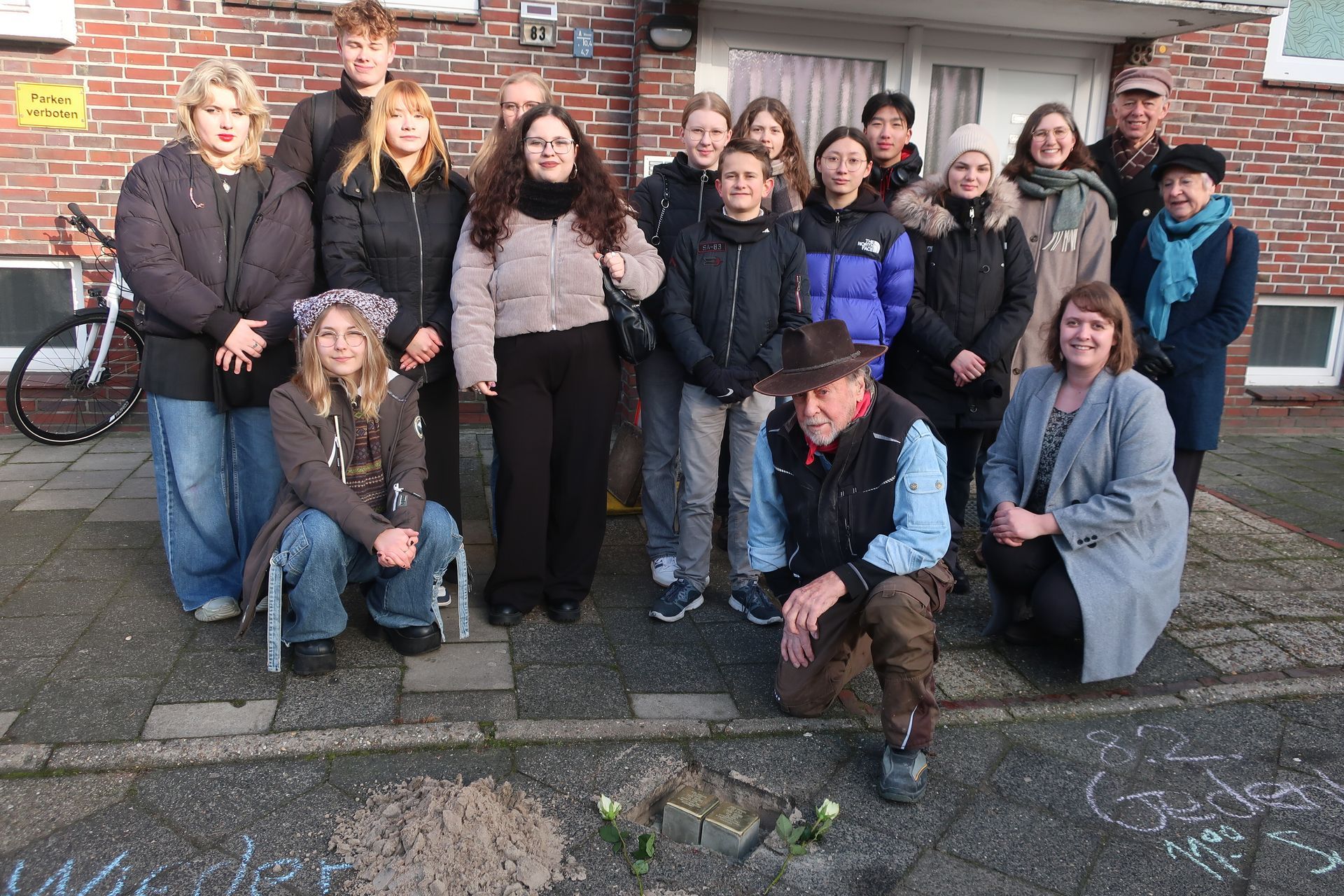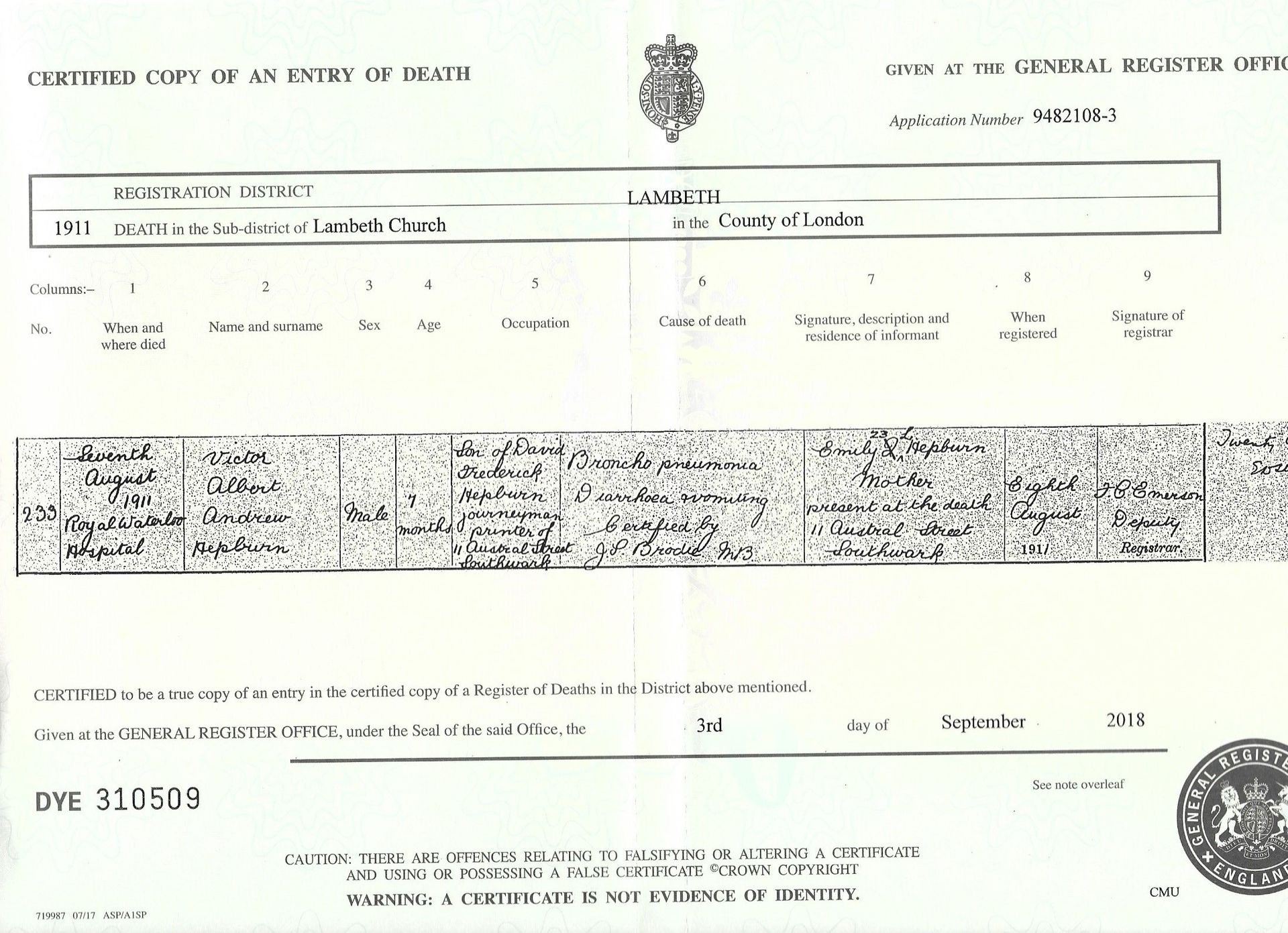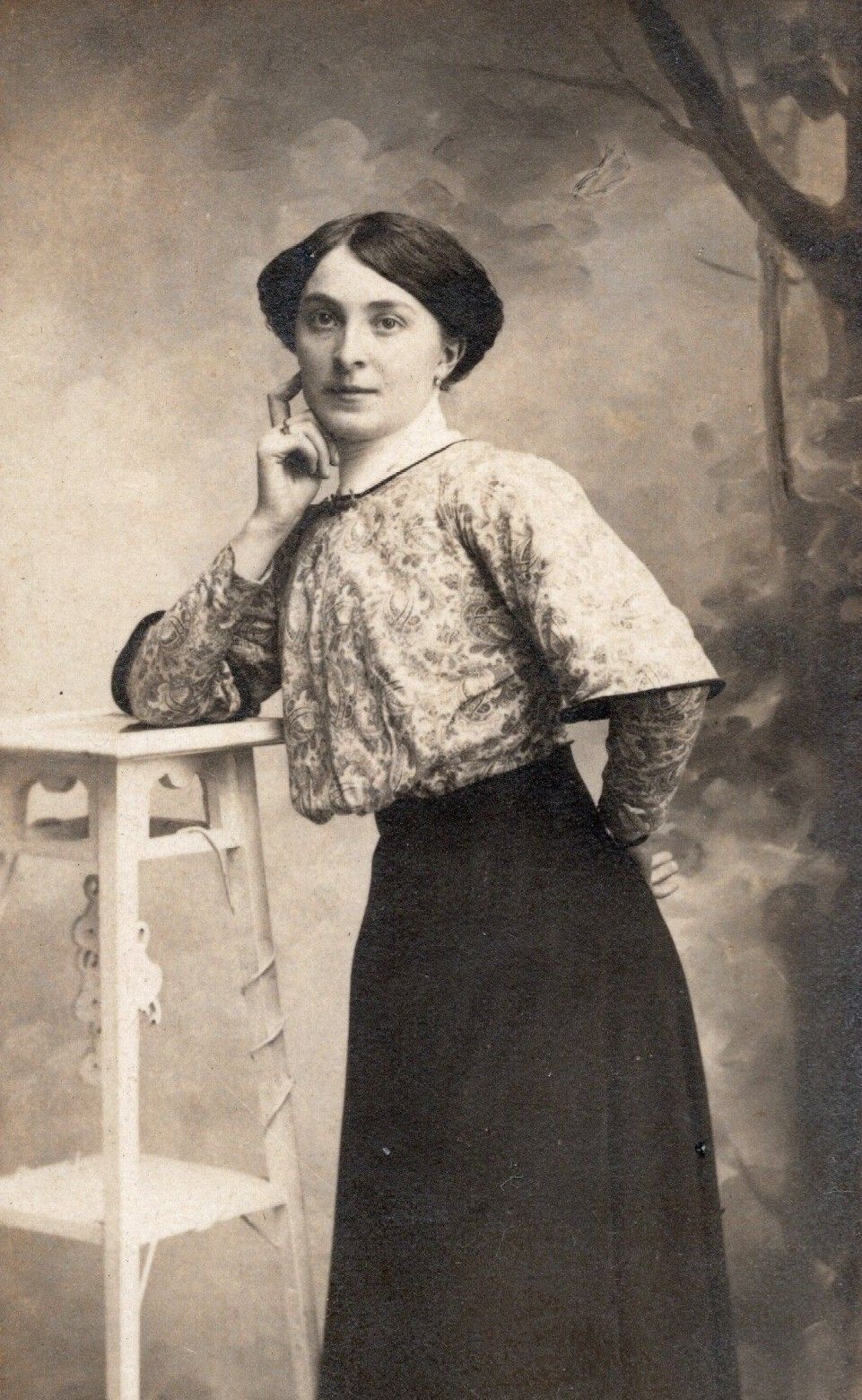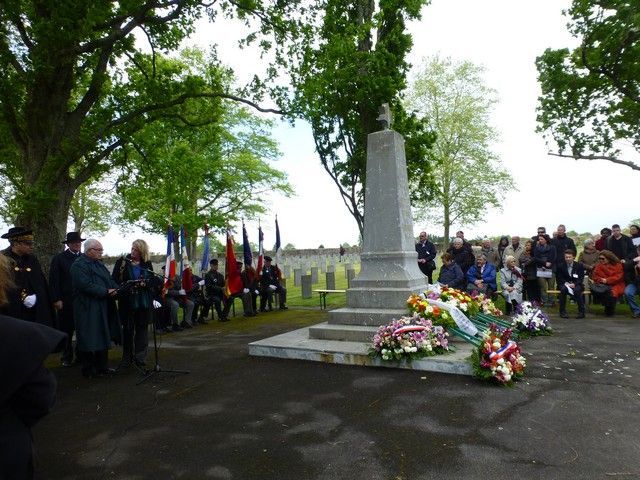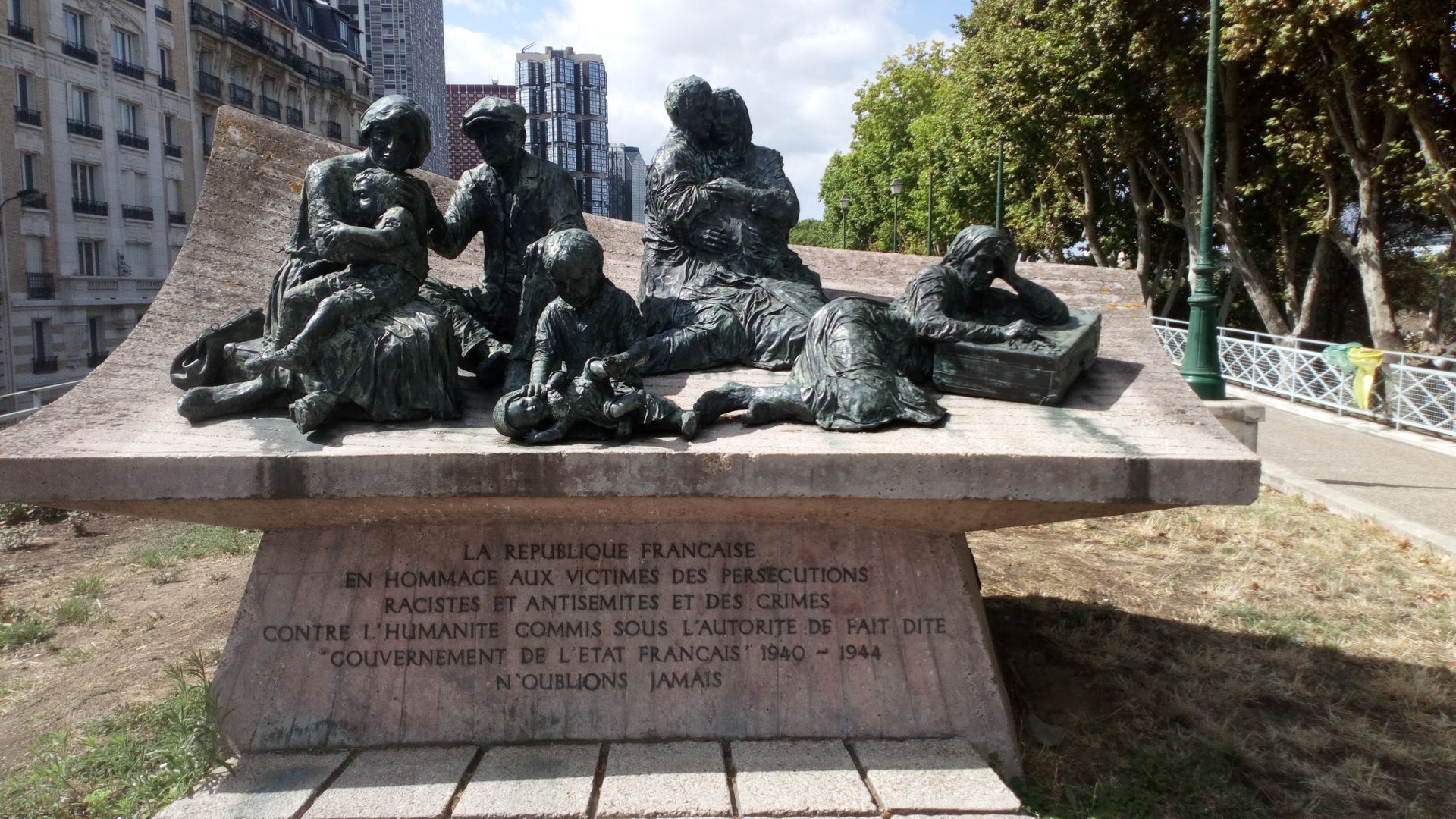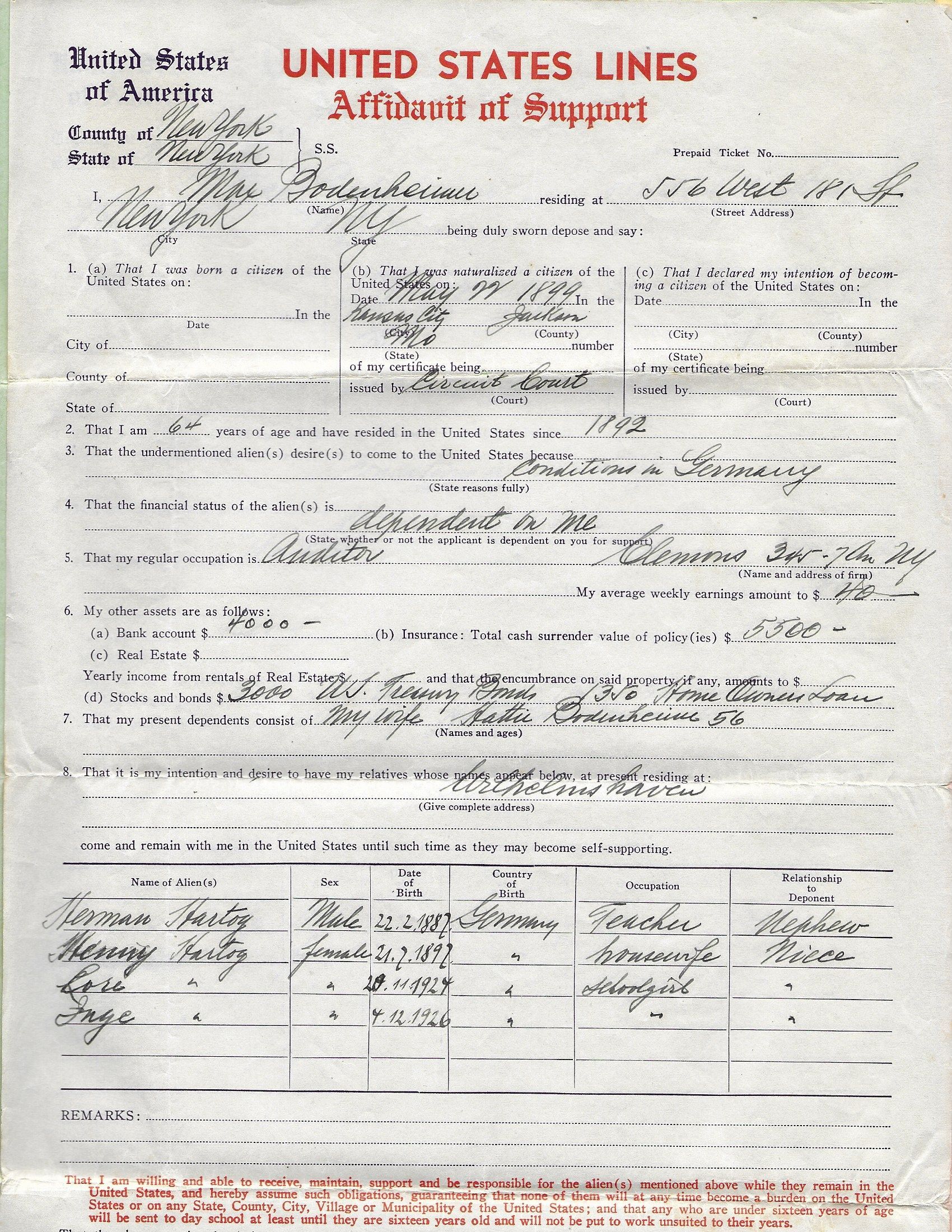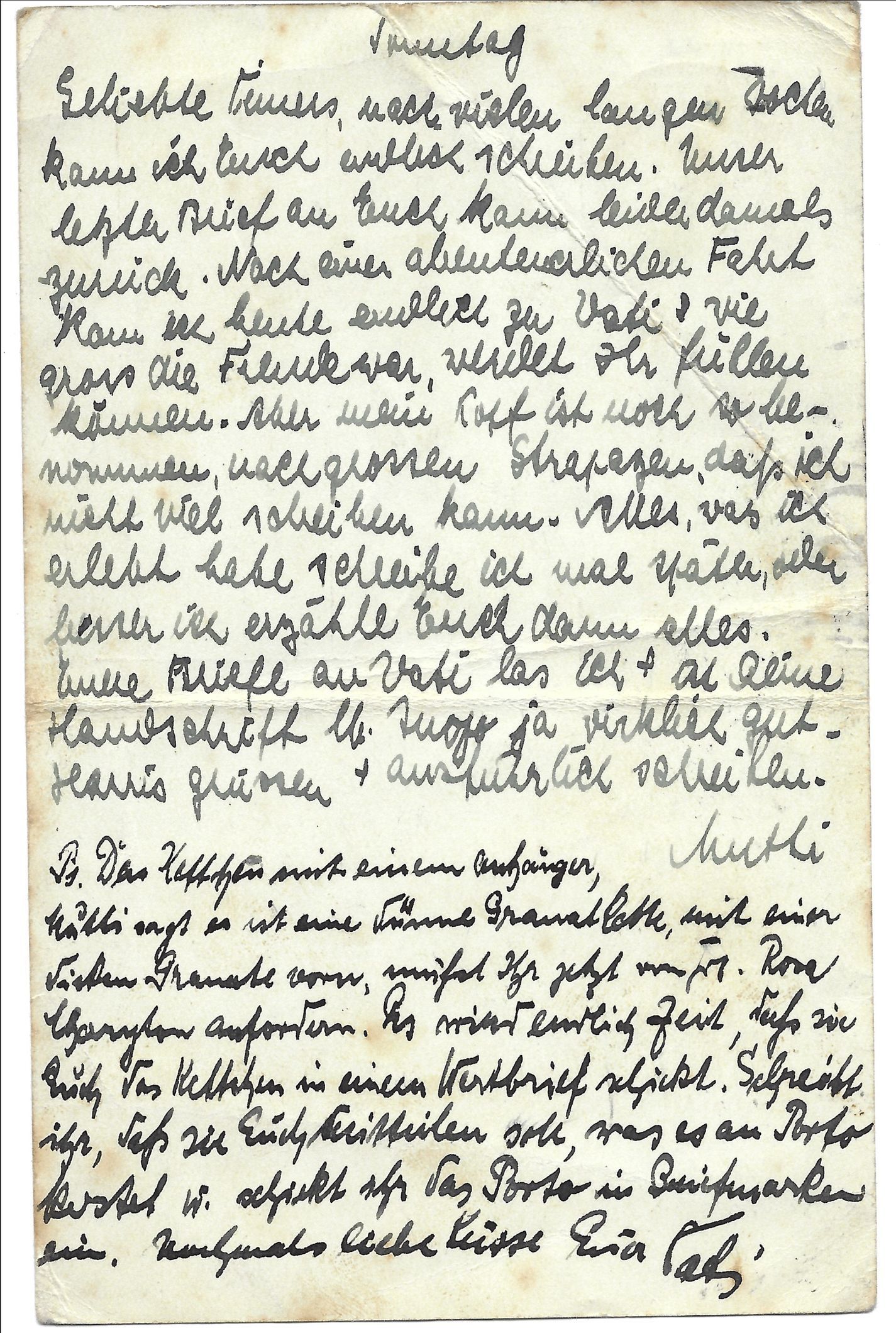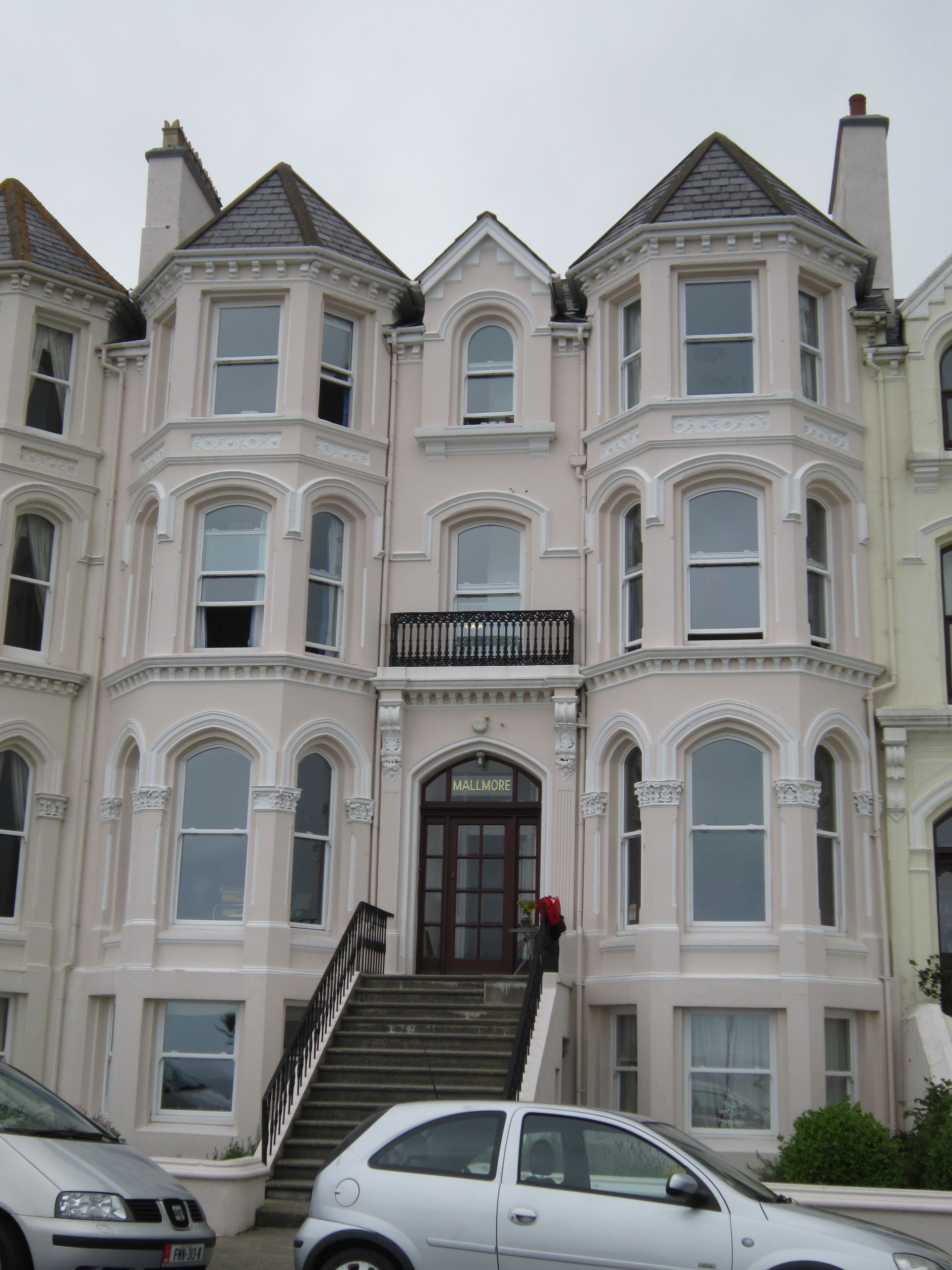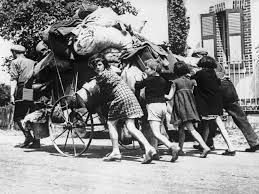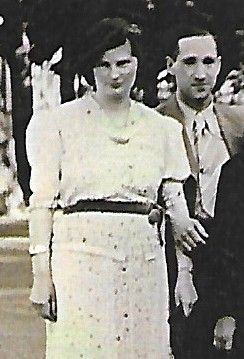going to Jever
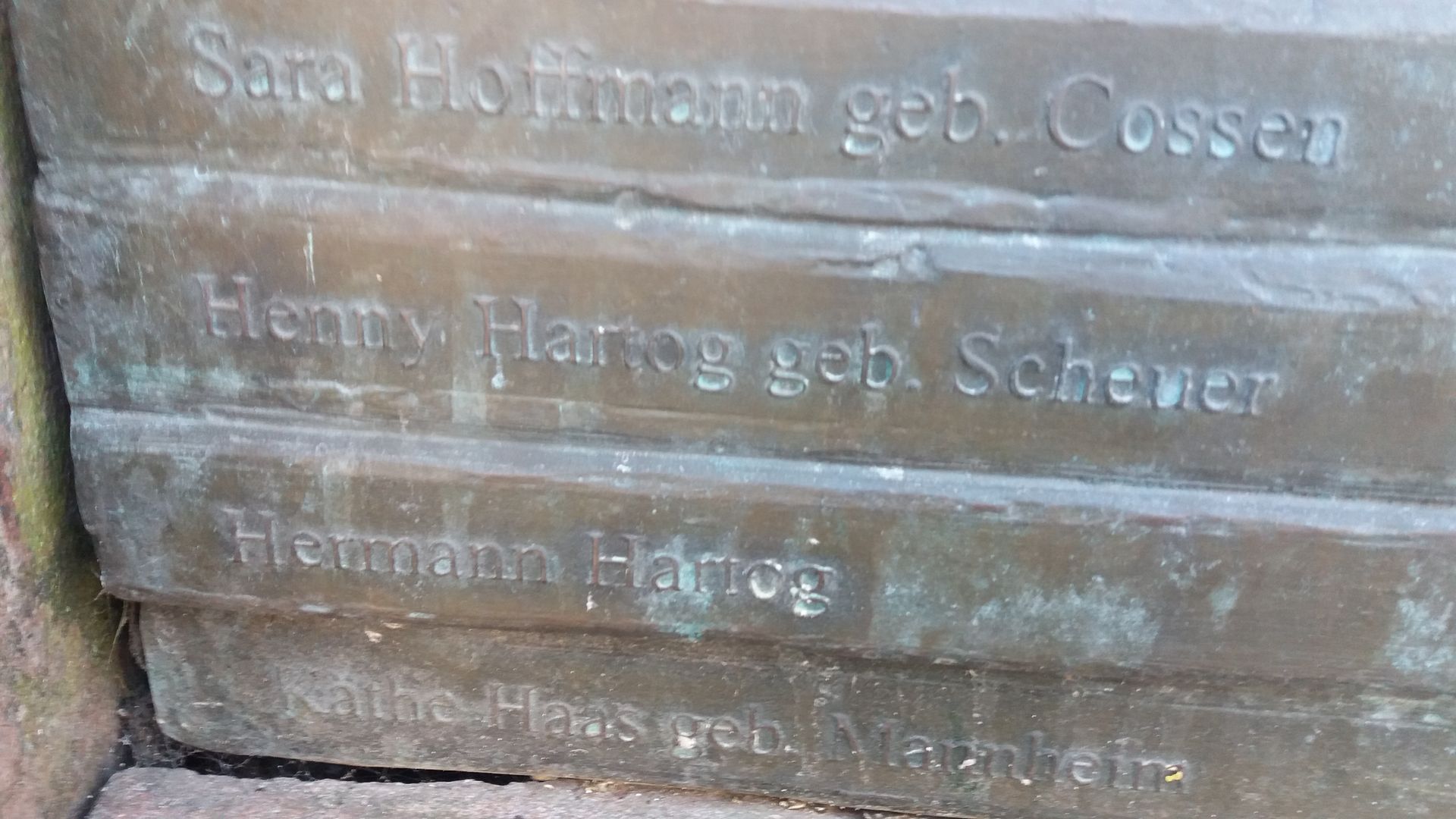
It is always very special to be going to Jever – a town in north-west Germany where members of our family lived and worked almost a hundred years ago. It is an event to anticipate with pleasure, to be grateful for the opportunities to reclaim an uncertain past, to meet with fellow travellers on a similar quest for an elusive but fundamentally necessary understanding of those who walked before us in Jever, who walked through our own lives, and who continue to walk with their descendants.
We are the guests of those in Jever who keep alive the memory of the Jewish community that was once such a vital part of the town. It is a memory that almost disappeared without trace – at least, that was the plan of the ruling Nazi party during the 1930s in Germany. Certainly, their plan was successful in destroying millions of lives, in dispersing surviving German-Jewish families throughout the world, and in wiping out the culture and heritage of a significant group within German society.
But the memory could not be totally annihilated.
During the 1960s and 1970s, young people asked questions - and wanted answers:
'Who were the Jewish people in our society?'
'Where had they lived?'
'Why was there discrimination against them?'
'What did you do to help them?'
The questions were difficult and troubling, and the answers were often evasive. But the students had teachers and leaders in the community who encouraged their curiosity, supported their tenacity, and enabled their research.
As we approach our visit to Jever, we are the beneficiaries of those large-hearted people who are welcoming back the descendants of a once-vibrant force within the locality. We come from many parts of the world – all those places where Jews managed to get a visa for immigration; Israel, USA, Britain, Argentina, South Africa. It is good to greet each other, and to recognise our belonging.
(photo shows the names of Henny and Hermann Hartog on the memorial in Jever)
